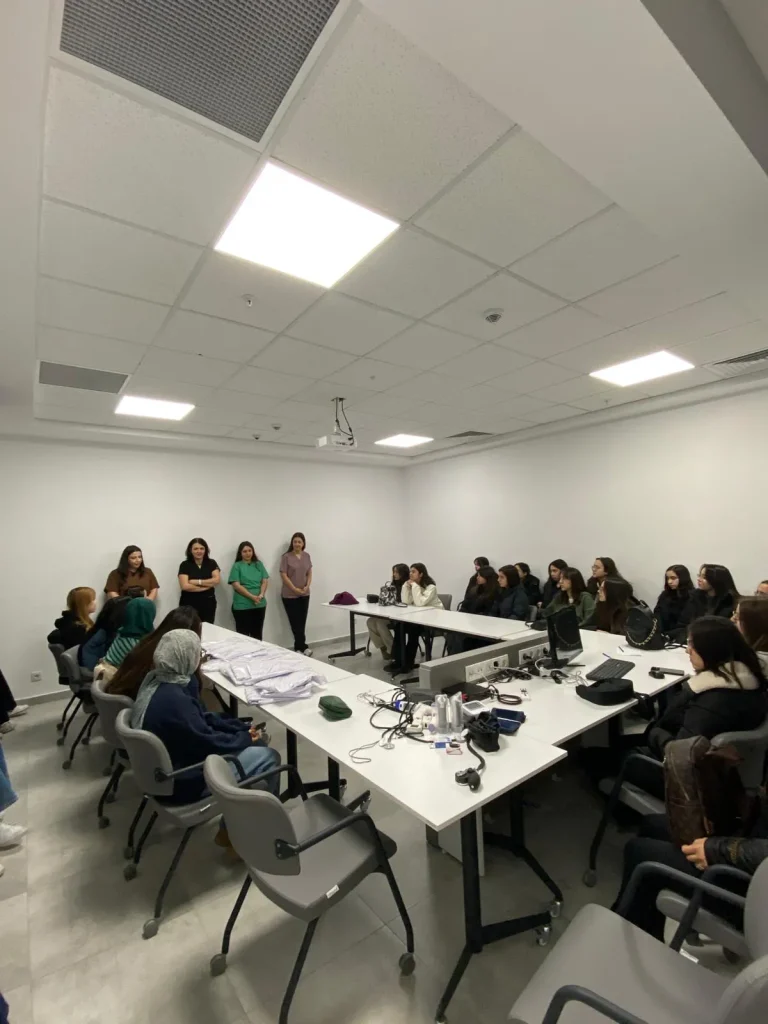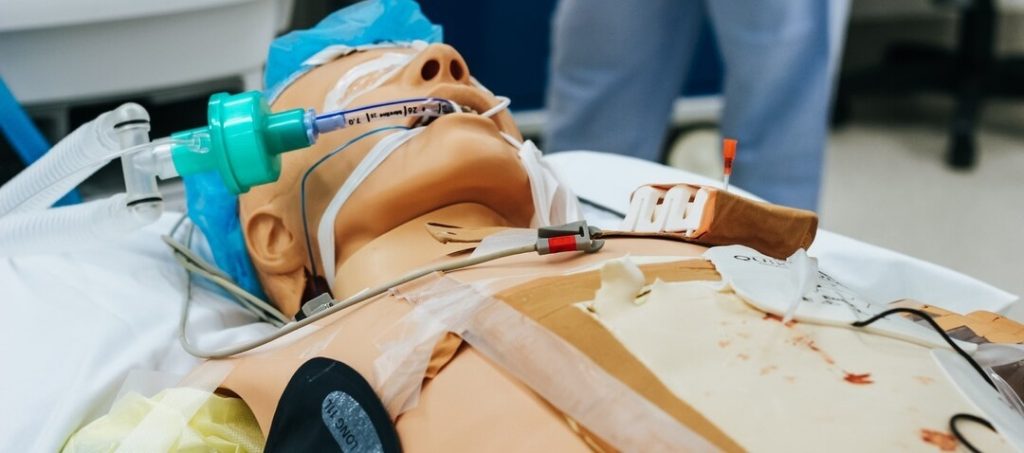The “Institute for Medical Simulation and Advanced Learning” (iLübeck), recognized as Europe’s first health simulation center, was established in Lübeck, Germany, in the early 1990s. This center is a pioneer in health simulation education in Europe and offers simulation-based training to enhance the professional skills of healthcare workers. iLübeck has contributed to the spread of this training in Europe by emphasizing the importance of simulation in medical education and healthcare.
The center aims to provide students and professionals with practical experience that enhances patient safety by bringing clinical scenarios to life through realistic simulations. The training uses simulation techniques for various medical disciplines, such as obstetrics, surgery, anesthesia, and emergency management. iLübeck aims to develop healthcare professionals’ crisis management, decision-making, and communication skills with modern medical simulation equipment and virtual reality applications.
The center offers a multidisciplinary learning environment by focusing on teamwork and human factors among healthcare professionals. Also recognized for its research and development activities, iLübeck conducts studies to increase the effectiveness of simulation training and develop new simulation techniques. It also promotes the sharing of knowledge and experience by collaborating with simulation centers and healthcare institutions in other European countries. iLübeck is recognized as a model that contributes to the continuous education and development of healthcare professionals and has played a pioneering role in simulation-based education in Europe. With its approach that supports innovation and the use of simulation in medical education, this center aims to improve patient safety and the quality of healthcare services.
Europe is emerging as a rapidly developing region in simulation training in the healthcare field. Simulation centers in Europe offer medical students and healthcare professionals advanced simulation mannequins, virtual reality, and other educational tools. These centers enable healthcare workers to develop their clinical skills, emergency management abilities, and approaches to patient care. Simulation training in Europe is integrated with the goals of improving patient safety and enhancing the quality of education. In various countries, healthcare institutions and universities incorporate simulation training into their curricula, enabling students to cope with real-life scenarios. These training programs in Europe aim to raise standards in healthcare and continuously develop professional skills.





